Working in maritime operations means balancing strict environmental rules with tight maintenance schedules. Sludge buildup in bilges, tanks and dock areas can create safety risks, slow productivity and increase compliance concerns. That’s where maritime vacuum cleaning services become essential. By removing waste efficiently and safely, you protect your crew, prevent contamination and keep your equipment running longer between maintenance cycles.
Why Sludge Control Matters in Maritime Operations
Sludge may seem like a minor issue, but in marine environments, it can quickly escalate into a costly problem. Oil residues, fuel waste and bilge water collect over time, forming thick layers that clog drains and pumps. If left unchecked, that buildup can lead to equipment damage or regulatory violations. With a dependable maritime cleaning partner, you can clear out contaminants before they affect your vessel’s performance or create unsafe conditions for your crew.
Vacuum systems remove sludge without introducing water or harsh chemicals, helping operators meet waste handling requirements. They’re designed for tight spaces and sensitive environments making them ideal for docks, shipyards and on-board cleanup. Regular sludge removal supports both environmental compliance and smoother daily operations.
Choosing the Right Maritime Sludge Vacuum System
Not every vacuum is built for maritime use. Choosing a maritime sludge vacuum system designed for high moisture and variable materials provides dependable performance in wet, corrosive conditions. Atlas Industrial Vacuum offers available vacuum pumps built for versatility and strength, allowing crews to collect sludge, grit and debris quickly.
Maritime operations benefit most from pneumatic equipment that uses compressed air instead of electricity. These systems are safer in wet zones and can handle both dry and liquid materials. When paired with the proper filtration and discharge setup, they reduce downtime and lower the risk of spills or secondary cleanup.
You can also read about the unique challenges that come with marine environments in this post on maritime cleaning challenges. It explains how proper planning, equipment selection and training help maintain safe and compliant operations across ports and vessels.
Safe and Compliant Waste Handling
Proper sludge removal isn’t only about cleaning, it’s also about meeting environmental standards. Many ports and shipyards operate under regulations that restrict how waste is collected, stored and transported. Using vacuum technology that supports clean discharge keeps you aligned with those rules and avoids contamination near sensitive waterways.
Industrial teams also rely on similar technology on land. For instance, industrial cleaning applications often utilize the same air-powered systems to safely collect bulk materials and hazardous waste. The same durability and suction performance apply to maritime work, making these vacuums a dependable tool for crews managing oil, fuel or sediment buildup.
Keeping Crews Safe and Operations Running
In the maritime sector, efficiency and safety go hand in hand. With the right maritime vacuum cleaning services, your crew can remove sludge faster, stay compliant and maintain cleaner work zones. Atlas Industrial Vacuum supports operators across multiple industries, including maritime manufacturing, where reliable equipment and skilled cleanup methods help avoid costly interruptions.
Whether you manage a port, vessel or offshore facility, staying proactive with maintenance keeps your team safer and your operations smoother. To learn more about which vacuum systems are best suited for your environment, reach out through the contact page. You’ll find real solutions that help you manage sludge efficiently while supporting a cleaner and compliant worksite.
